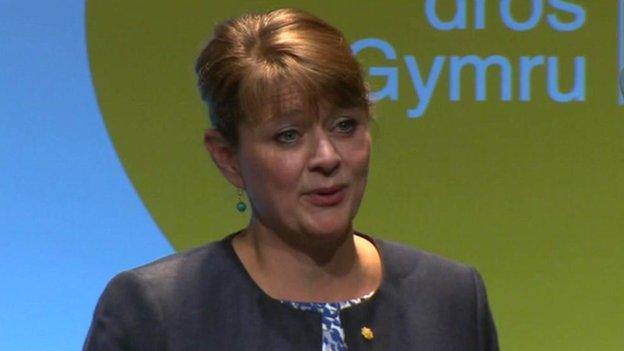Plaid Cymru would demand equal funding for Wales and Scotland in talks
- Published
Leanne Wood: 'One big chance to make Wales matter'
Plaid Cymru will demand equal funding for Wales and Scotland in any Westminster coalition talks after the general election in May.
At the party's spring conference in Caernarfon, its leader Leanne Wood urged the "Westminster parties" to promise Wales an extra £1.2bn a year.
She said Plaid would create a drugs fund to boost access to new medicines.
Ms Wood also said her party wanted income tax powers to be devolved without any referendum.
End 'dependency'
She told party activists: "The Westminster parties have entrenched Wales' funding disadvantage.
"They should be able to commit to the same funding per head for Wales as Scotland.
"An additional £1.2 billion for our public services and greater resources to strengthen our country's economic prospects and end Wales' fiscal dependency for once and for all."
Ms Wood said the cash could boost the economy and tax revenue in Wales, allowing Welsh public services to be funded without UK Treasury finance.
She claimed the proposed NHS drugs fund would "end the post-code lottery and deliver new treatments and drugs that are clinically proven to be effective".
It would be paid for from an existing rebate deal with drugs companies, now worth £28m but due to rise above £50m next year.
On devolving some income tax powers to Wales, Ms Wood said Plaid had previously been willing to compromise and accept a referendum on the issue, but it now wished to push ahead with tax devolution without a public vote.
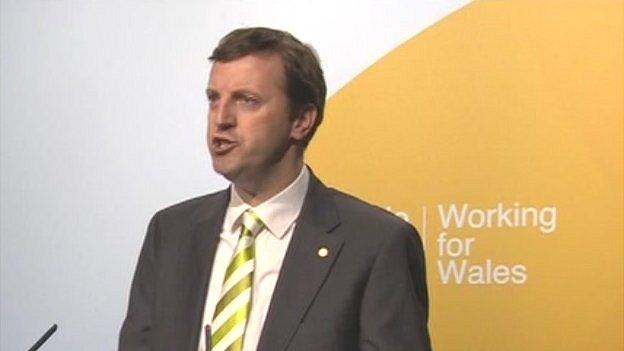
Jonathan Edwards said he was struck by how often Labour and the Conservatives worked together
During the morning session, the party's MP Jonathan Edwards described the Westminster electoral system as a "rotten" arrangement that was sustaining Labour and Conservative rule.
"Whatever the result in May, there will be a crisis of democratic legitimacy," said the Carmarthen East and Dinefwr MP.
Plaid Cymru currently has three MPs.
Party sources say they are hoping for a strong showing in the election in Labour-held Ynys Mon and Llanelli, and in Ceredigion, a seat the party held between 1992 and 2005.

Analysis by Nick Servini, BBC Wales political editor
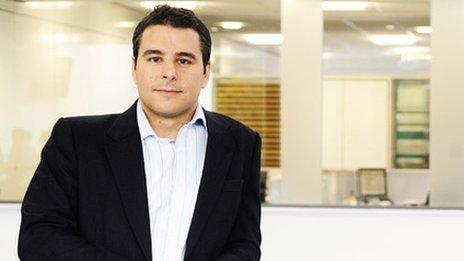
It seems clear now that the extraordinary rise of the SNP has not led to any noticeable groundswell towards Welsh independence.
Our poll this week put it at 6%.
But for Plaid the answer is much more about the arithmetic arising from a huge potential increase in SNP MPs.
Plaid have committed to being part of a negotiating block with the SNP and the Greens in the event of a hung parliament.
It means that some of their demands - in this case for an extra £1.2bn for the Welsh government - could be given the kind of consideration that would never have been the case otherwise. In other words it gives Plaid a degree of relevance in a general election campaign.
The problem is it only works if there's a hung parliament, it's Labour and not the Conservatives which are the biggest party, the arithmetic works and they're not cut adrift by the SNP.
A number of things have to come together and the question is whether it's a strong enough message to win support from floating voters in places like Llanelli.
- Published6 March 2015
- Published4 March 2015
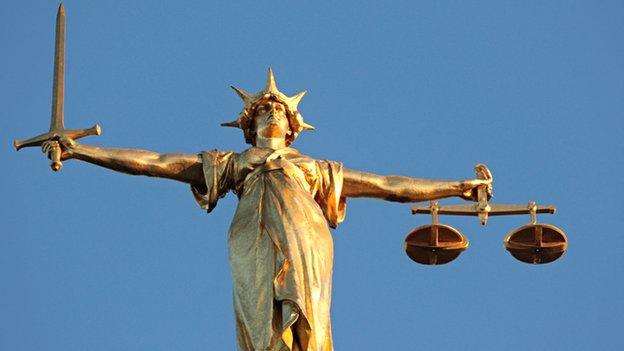
- Published13 February 2015
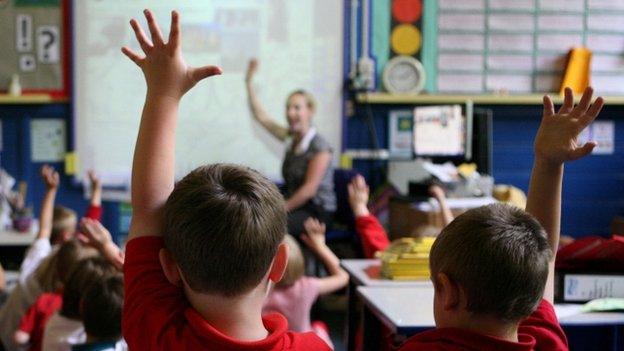
- Published15 February 2015
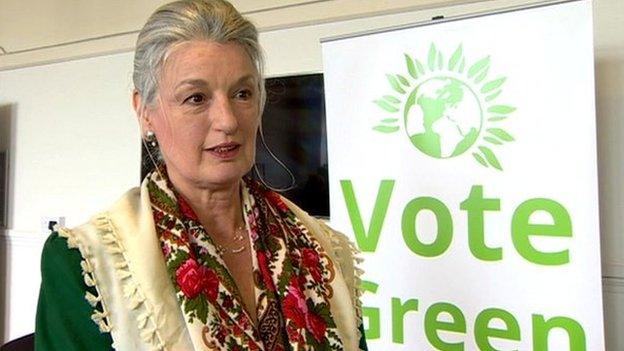
- Published28 January 2015
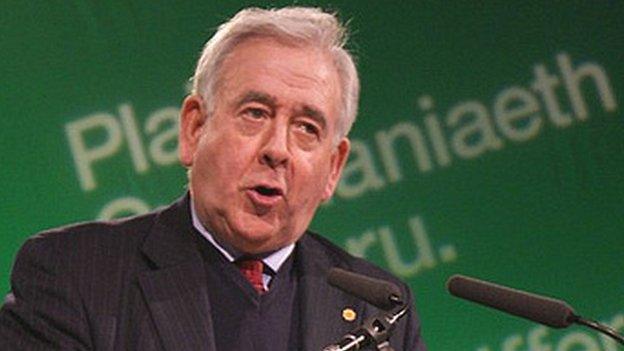
- Published24 October 2014
